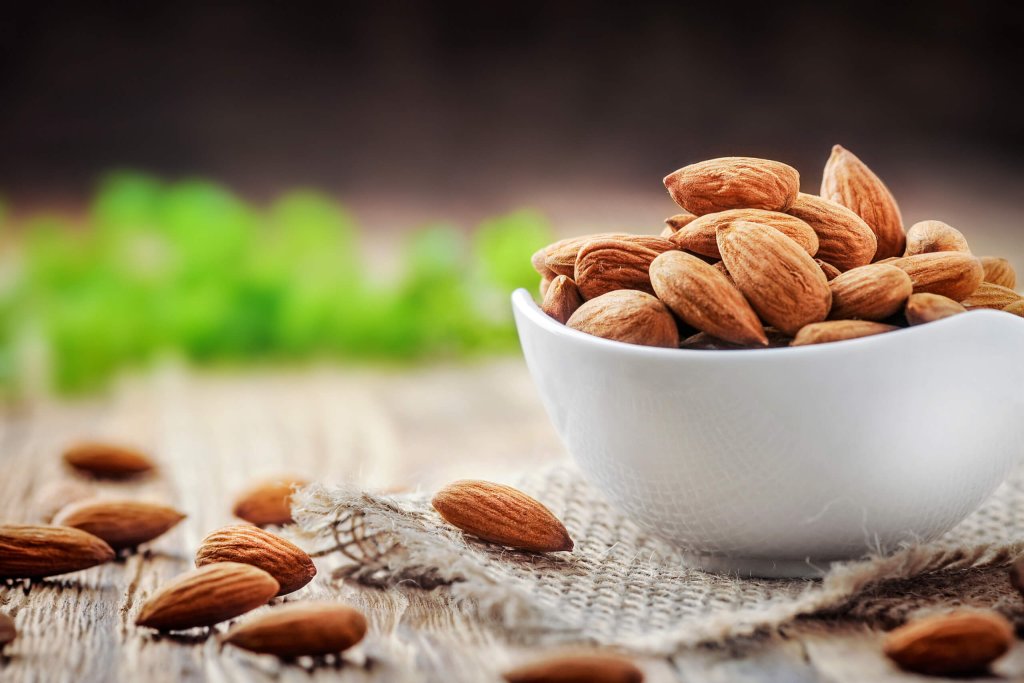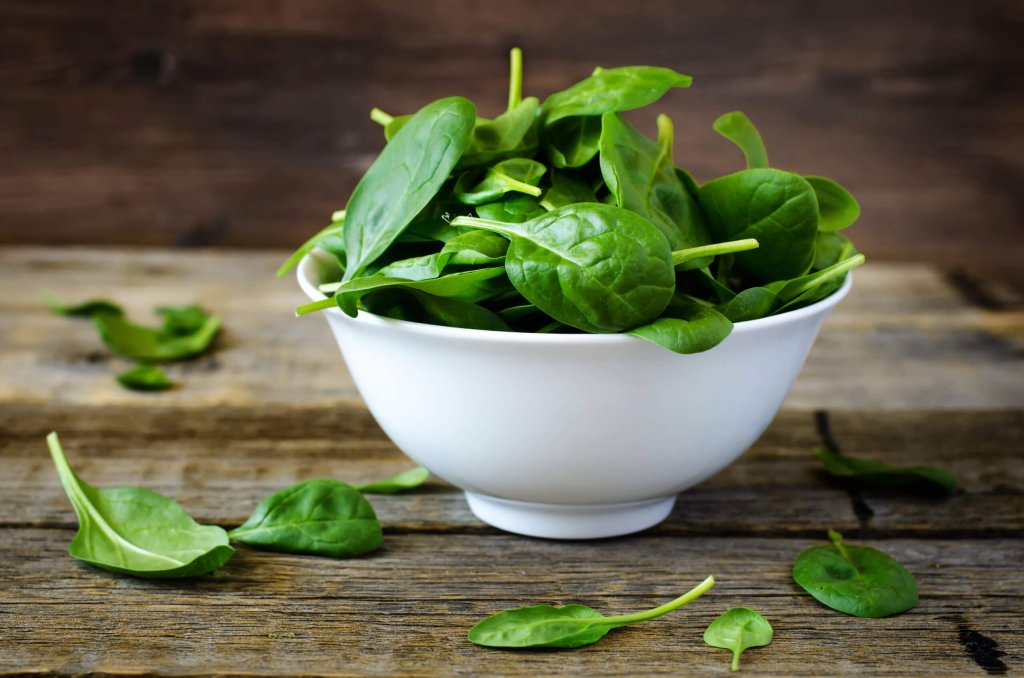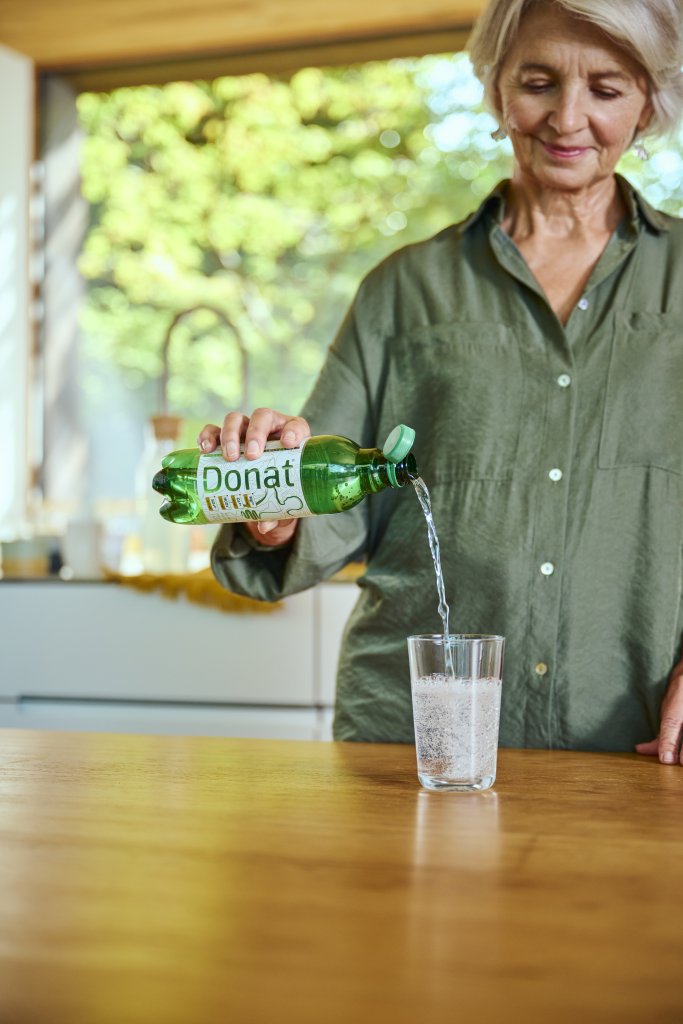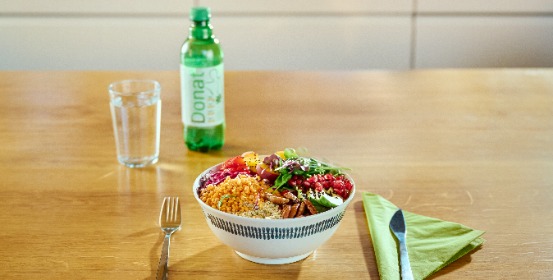There are very few people who have never felt an unpleasant burning sensation in the lower part of the oesophagus, radiating from the stomach into the throat. Sometimes the stomach acid can travel all the way back up into the throat and even to the teeth, causing damage to the tooth enamel. Unpleasant side effects include bad breath and burping. If these symptoms occur several times a week, you may have gastroesophageal reflux disease (GERD) and should see a doctor. Sometimes heartburn can be caused by another condition, such as irritable bowel syndrome (IBS). However, the majority of people experience heartburn as a result of poor lifestyle and eating habits.
The foods and drinks most commonly associated with heartburn are pepper, chocolate, coffee, fatty and fried foods, tomatoes and tomato products, mustard, orange juice, vinegar, citrus fruits, onions and garlic, but it may also be caused by smoking. These are all things to avoid if you suffer from heartburn. Heartburn is more common in pregnant women and obese people, as their diaphragm moves away from the lower oesophageal sphincter, causing stomach acid to seep into the oesophagus. Pregnant women also experience hormonal changes that cause the oesophageal sphincter to relax too much.
How can I prevent heartburn?
The first step always involves a change in lifestyle and eating habits.
The following foods help to relieve the symptoms of heartburn:
Almonds are a traditional remedy for heartburn. They are effective as soon as you eat them, and almond smoothies are also great as a substitute for cow’s milk. In fact, while cow’s milk can help to neutralise stomach acid for a short period of time, the fat it contains eventually causes more acid to be released.

Wholegrain cereals such as barley, buckwheat, and wholegrain rice in the form of crackers. Barley porridge is also a good choice, and can be eaten in the morning with almond milk and bananas. Rice dishes help relieve heartburn, too, and are often included in medical diets for this reason.
Alkaline fruits such as bananas, raspberries, strawberries, and melons. These can be added to porridge or made into smoothies. Very acidic fruits should be avoided. That said, a weak lemon juice solution (1 tablespoon in half a glass of water) can often alleviate the symptoms, but the effect depends on the individual.
Probiotic foods such as kefir, probiotic yoghurt and sour milk support the intestinal microbiota and improve digestion. However, it is recommended to have only one serving of probiotic foods a day, as larger amounts can have the opposite effect of worsening your heartburn. The recommended serving is 1 cup.
Your diet should also include leafy vegetables, such as spinach, chard, asparagus, celery and cauliflower. Ideally, meals with vegetables and rice should be combined with a serving of protein. This will ensure a balance of nutritional components, help regulate blood sugar and prevent heartburn.

Avoid excessive portions of protein, such as a large amount of meat in one meal. Digestion of proteins begins in the stomach, with the release of stomach acid being the first step. The body will thus naturally produce more hydrochloric acid in order to digest proteins. As a result, excessive amounts of stomach acid often occur after meals that contain a lot of meat.
Among plants, aloe vera is particularly recommended. Aloe vera juice can be consumed on its own or mixed into smoothies or yoghurt. It has a soothing effect and helps to relieve heartburn.
- Infusions of ginger, fennel, yarrow, chamomile, liquorice and tinctures made from these plants can also be beneficial for heartburn. However, it’s very important that the infusion is not taken hot, as this can irritate the mucous membranes even more. And avoid mint infusions, as these can aggravate the problem.
- The following practices may help to alleviate symptoms:
- Eat smaller meals and chew food well. Don’t gorge on food, but take your time at meals. It’s best to eat 4 to 5 small meals a day.
- Avoid eating and drinking at the same time. Liquids can stimulate the release of stomach acid, so that the body can digest food more easily, but this can also aggravate your heartburn. So try to not to drink anything until you have finished your meal.
- Avoid fizzy drinks, alcohol and smoking.
- Lying down right after a meal is not a good idea, as it causes food and stomach acid to pass back into the oesophagus. Wait a few hours after eating before going to bed.
- If you often experience heartburn at night, it’s a good idea to raise your pillow by at least 10 cm.
- Don’t wear tight clothes that put pressure on your stomach. This is especially important for obese people.
- Stress management is an important part of preventing and relieving heartburn. This is because stress triggers a series of chemical reactions in the body that result in the fight-or-flight response. During this process, the production of stomach acid also increases. It is therefore important to learn how to manage stress reactions, as stressful situations are difficult to avoid. It is our behaviour in such situations that enables the body to adapt quickly and to recover. Some ways of coping with stress are nasal breathing, meditation, walking, singing, exercising, and similar activities.

- Reduce your weight to get rid of excess fat deposits and relieve pressure on the diaphragm.
- Limit your intake of caffeine from coffee and drinks, especially fizzy ones. Coffee is so central to our culture that it might be difficult to avoid, but try not to have more than two cups a day and use almond milk instead of cow’s milk. Also drink plenty of water with coffee.
What to drink to relieve heartburn?
Donat natural mineral water is very effective against heartburn. The mixture of minerals dissolved in Donat neutralises stomach acid and provides immediate relief. We recommend that you drink Donat several times a day, 20 minutes before meals, in amounts of 0.1 to 0.2 l. It should be consumed at room temperature and slowly, sip by sip. If you suffer from heartburn, you can also drink 0.1 l of Donat between meals.

When should I see a doctor?
If you experience heartburn more than 3 times a week and you cannot link it to your lifestyle and diet, then you should definitely see a doctor to determine whether the heartburn is caused by a disease such as GERD, IBS or something else. It is also essential to see a doctor if your heartburn is accompanied by chest pain, coughing, tingling in the hands or other symptoms.
Choose chapter:






